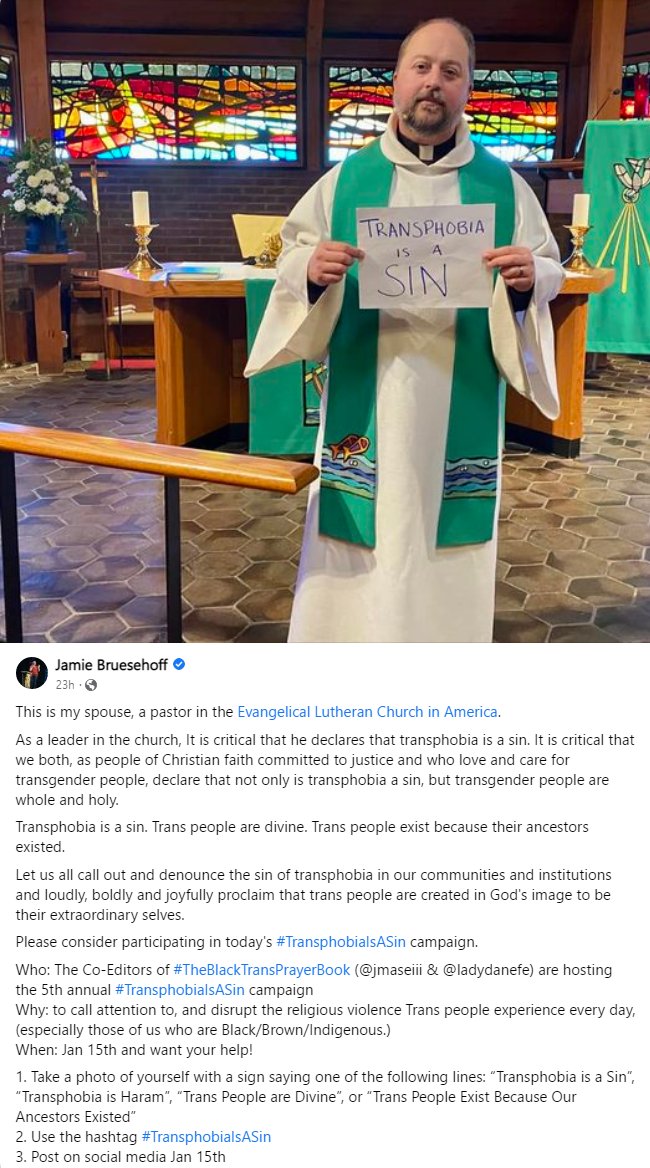Originally a comment by tigger_the_wing on Not equal treatment but elevated status.
As I was reading this, I was simultaneously engaged in a territorial dispute with my cat. Wherever I made room for him on my bed, he kept trying to lie on my shins. No amount of moving him, moving my legs, pleading with him that other parts of the bed are more comfortable, or explaining that he can’t lie on my legs because it hurts me was going to dissuade him from trying, because he’s a cat, and lying on my legs was the point. He’s intellectually incapable of understanding anything more complex than “I want to lie there, because that’s warm.” My legs radiate heat; wherever I put them, that’s going to become, immediately, the warmest part of the bed. Eventually I won, because I simply kept moving him until he gave up and ceded to my superior strength and stubbornness (anyone who thinks that it’s not possible to out-stubborn a cat hasn’t met a crippled old lady who has lived with cats for decades). He’s now asleep on my bed, next to my legs, with his back towards me; the classic “I’m upset with you, but I need your heat” cat sulking pose.
This is a daily tussle. Again, the salient point is he’s a cat; like a human toddler, he’s incapable of the higher-order thinking required for him to be able to rank competing needs or have the necessary empathy to put another animal’s greater needs above his own lesser needs, or even wants. Most of the time he lives entirely in the moment, and right at that moment he wants that heat. I win because, eventually, his need for sleep overrides his ability to keep arguing; he’ll have forgotten all about it when he wakes up, and I’ll have to go through it again (until I get him his own hot water bottle?). Perhaps the only reasons I always won arguments with my toddlers were my greater stamina and their short memories.
Anyway, these TRAs are grown men behaving like cats or toddlers. Unlike cats or toddlers, however, they don’t have the excuse of a lack of intellectual ability; they’ve actively decided to ignore the civilised part of their brain in order to demand that we give in to their wants, overriding everyone else’s needs. No amount of looking for any extra needs they may have, and catering to them, will make the slightest bit of difference because their actual needs are already being met.
“You want that space, I want that space; I’m more important than you, so let me have it.
What do you mean, you need that space? In that case, I need it, too. So let me have it. I’m me, so I’m always the most important person to me, so anything I want takes precedence over everything else.”
The only way we can win against such an attitude is to out-stubborn it. Pleading is a waste of breath (I only do it with the cat to appease my own conscience, because I am civilised; it makes exactly zero difference to him). Unfortunately, far too many people have been attempting to appease it, instead, so we are now at a much greater disadvantage than we would have been, say, fifty years ago had we listened to lesbians who were already attempting to warn people about what such men were doing to their community.

